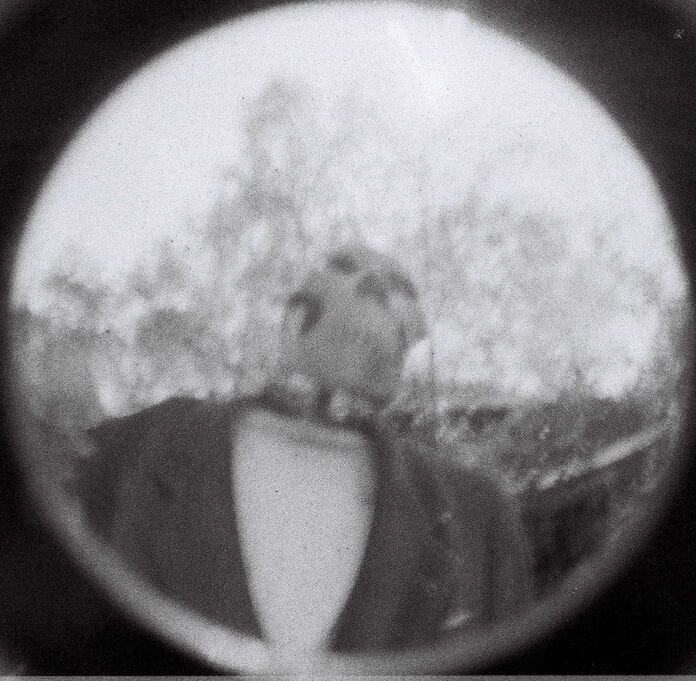I grew up in the 70s and 80s.
My first experience with racism was sometime in elementary school. My best friend moved to a different county. I remember that I had asked once if I could go to her house and was told no. Her phone number disappeared and I couldn’t call her again.
I remember having neighbors who were at our house a lot when I was three or four. The woman was white and I remember her husband as being dark skinned. It never seemed strange or out of place that they were friends with my parents.
I remember being a little girl and singing that little rhyme when I had to pick something over another: Eenie meenie minie moe. Catch a ‘n-word’ by the toe. If he hollers let him go. Eenie meenie minie moe.”
I remember the traditional nuts at Christmas time that had to be cracked. And I was in college when I asked for the first time what kind of nut the “‘n-word’ toe” really were
They are Brazil Nuts, by the way.
In the fifth grade, I was asked to “go with” a boy, I was so excited, but he was black and I wasn’t allowed. In high school, I remember one interracial relationship. Everyone would whisper about them. I remember them holding hands in the hall and when someone in my friend’s group asked if they were going together someone else just laughed and said not to worry about it; her dad would take care of that.
I remember those jokes we told when we were in junior high. I can remember the black jokes and can’t bring myself to share them. Everyone I knew was telling black jokes back then, and none of us ever thought it was wrong.
It was when I went away to college that I was around black people for the first time. Well, around them as in there were more than one or two. My first college relationship was with a black man from Fairmont. We were together for years. I remember being told to hide his pictures when my grandma was coming to visit. I didn’t. She nonchalantly asked me once why I had a picture of a monkey in my room.
I was dating a soccer player from Africa. My mom liked him a lot. Our school traveled to my hometown for a game, and my mom went to watch. When he returned to campus, he called me to come over because he had something for me. When I arrived in his room, he handed a white envelope to me. On the front of it was my gram’s handwriting. It read, “Dear Amy Jo, I love you and would send money to you more often if you would get rid of that piece of charcoal you have for a boyfriend. Love, grandma.”
The guy from Fairmont was living in DC. He took me to Arlington Cemetery. We were walking and holding hands when a black man walked up to us and began to yell at me and call me names like “white trash” and “cracker.” He also yelled at my boyfriend for dating “the enemy.”
I was going to marry Mr. Fairmont in the early 90s. My family didn’t have a regular church, so I called a preacher who we had known for years. He told me that he wouldn’t perform the ceremony because there had never been black people in his church and the Bible said it was a sin.
I wish I could remember who we had found that would marry us, but I can’t pull it to mind.
By the time I left college I had very few white friends. I dated only black men for 12 years. When Facebook reunited me with long lost friends, they all said the same thing to me when they looked at my pictures: “You have white kids?”
I think the thing that kept me from falling into the pattern of generational racism was that I loved black individuals from an early age. I had relationships with them, and, as with everyone I care about, I never wanted to see them hurt.
Hurt. It hurt me to write this.
This is actually not the article I had planned to submit, but I’ve been thinking about my life and race for the past three weeks. Now, as I approach 50, almost all of the people I consider my chosen family and best friends are black and brown. I wonder how they’ll react to this article. I wonder how you’ll react to this article.
We have to keep searching our hearts. We have to keep learning how to be better white people. We have to forgive ourselves for not wanting to learn from decades ago.
Onward,
Amy Jo


